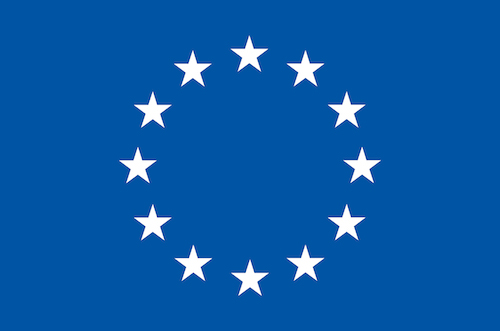Lifepath annual meeting in Paris: Lifepath newsletter, Issue 2
A two-day event will take place at the Faculté de Médecine Paris Descartes in Paris, on May 17-18, in order to assess and present what has been accomplished during Lifepath’s first year of research, and to discuss the future perspectives of the project.
Lifepath is an EU-funded project aimed to face one of the major challenges for modern societies: the dramatic inequalities in wellbeing and health conditions, and their underlying social and economic differences. Healthy ageing begins at conception, if not before, and it involves a progressive differentiation across social groups. A series of biological changes underpin the effect of complex environmental, behavioural and social patterns on health, and can be traced with modern research technologies. By investigating the biological consequences of socio-economic inequalities, Lifepath aims to lay ground for the development of future health policies and strategies.
“The project is highly innovative since it links together social sciences, biology and medicine”, says Paolo Vineis, coordinator of the project. “We are currently exploring not only the impact of low socio-economic status on ageing and mortality, but also on intermediate molecular events such as functional changes in DNA and metabolism”. The speakers will go further into several aspects of the complex relationship between socio-economic factors and their health consequences. One of the most striking is the effect that educational disparities may have on life and health expectancy. A recently published analysis in the British Medical Journal led by Lifepath research leader Johan Makenbach on the latest trends in mortality rates across Europe reveals that, while some progress has been made in reducing health inequalities since the 1990s, large health disparities by education are still apparent. For instance, in France over the period 2005-2009, mortality rates were twice as high among men with low levels of education compared to highly educated men, with similar differences observed in other European countries.
A series of key experiments will also be presented, like the conditional cash transfer (CCT) program carried out by New York City’s Center for Economic Opportunity, from 2007 to 2010.
The study aimed to determine if CCTs could help families break the cycle of poverty. It used a randomized controlled trial design and involved approximately 4,800 families and 11,000 children, half of whom could receive cash rewards if they met the required conditions, and half who were assigned to a control group that could not receive the rewards. The program tied cash rewards to pre-specified activities and outcomes in children’s education, families’ preventive health care, and parents’ employment. Early results indicated that CCT were effective in reducing poverty and hardship. Lifepath will further investigate the biological impact in those benefitting from the program through, for instance, the measurement of panels of inflammatory markers, reflecting the overall health of participants.
All these results and discussions will revolve around a key question that lies at the very heart of the project: how will we translate all the information we gathered into effective policies that may tackle the issue of socio-economic inequalities?
On May 17 at 1:00 PM CET (GMT+2:00), a special event will be devoted to journalists, where they will have the chance to get further information by asking their questions directly to Lifepath experts, through video-connection.
In order to participate, please contact Luca Carra (carra@zadig.it).
Meeting programme.

 Lifepath
Lifepath